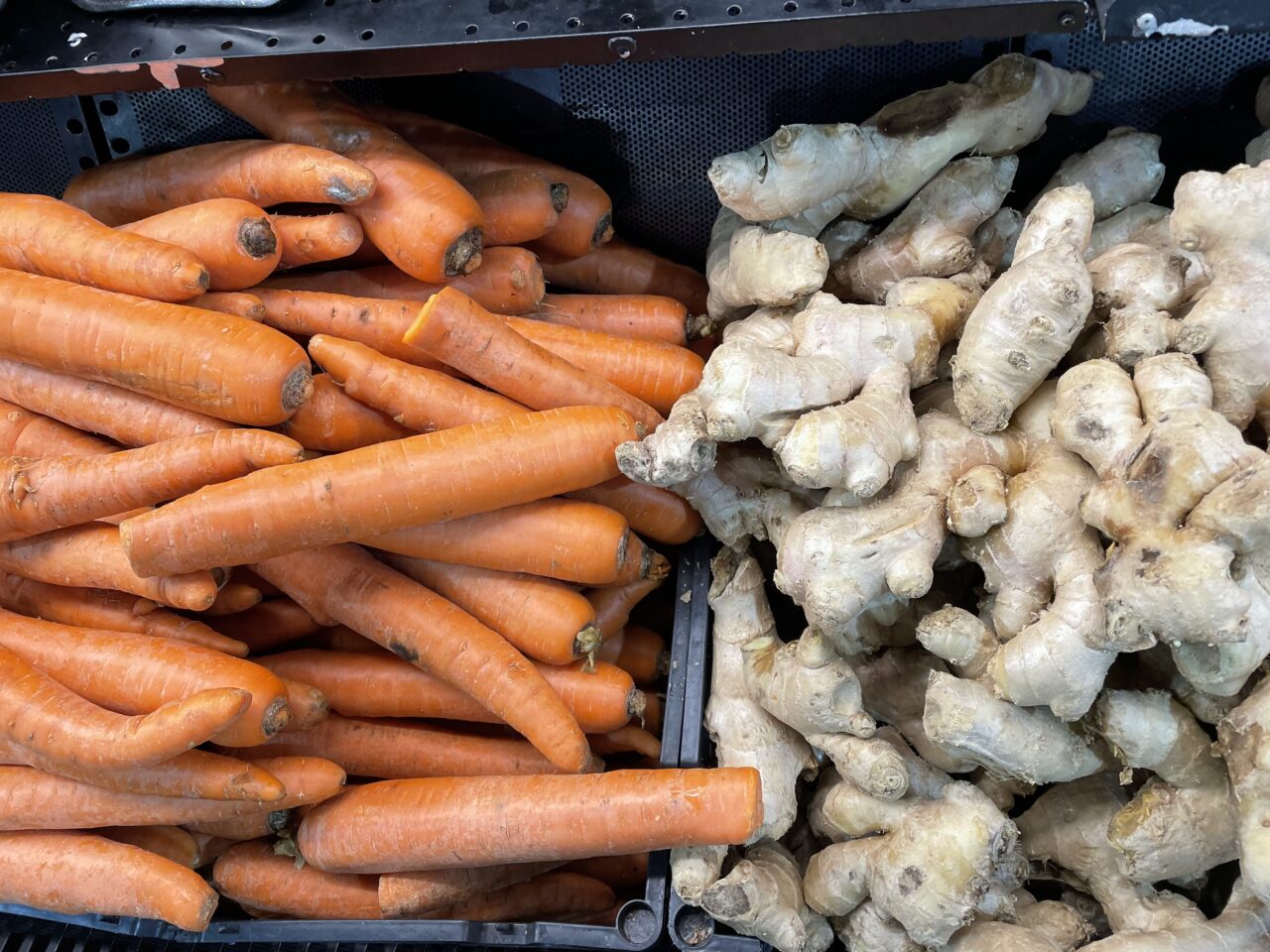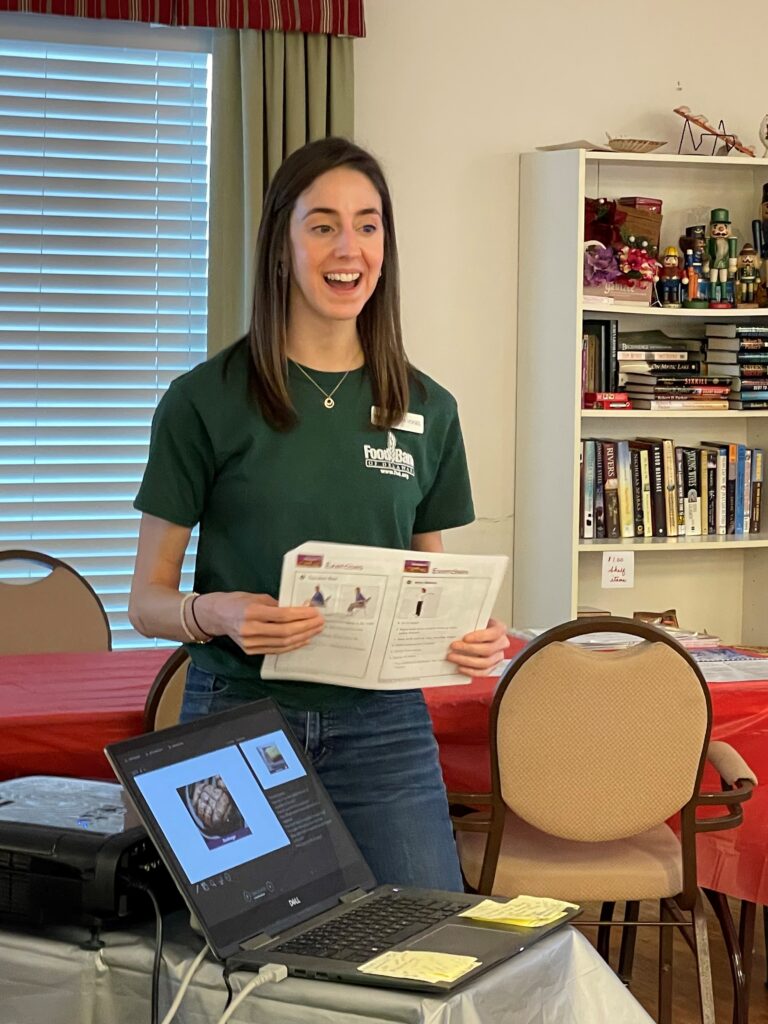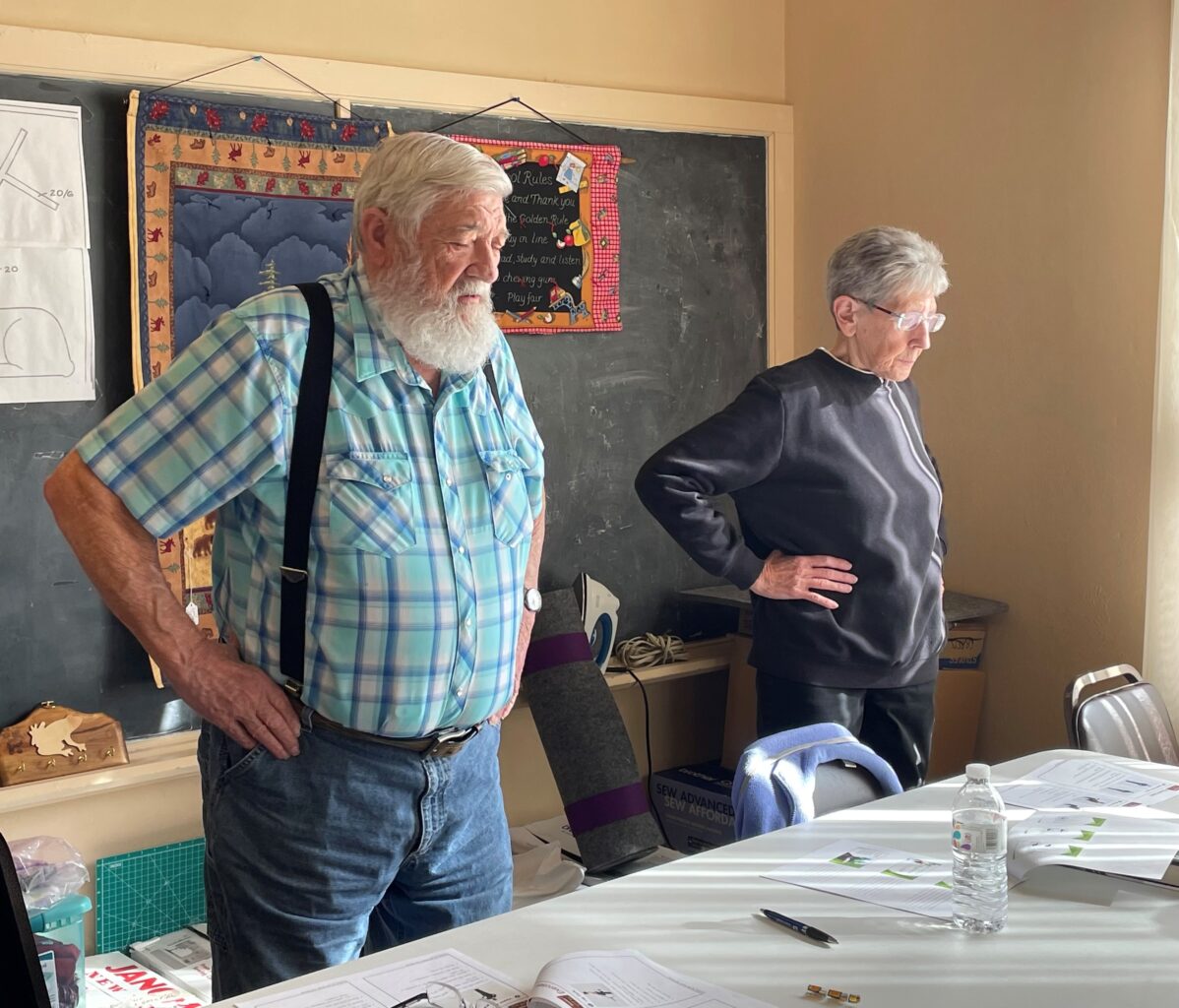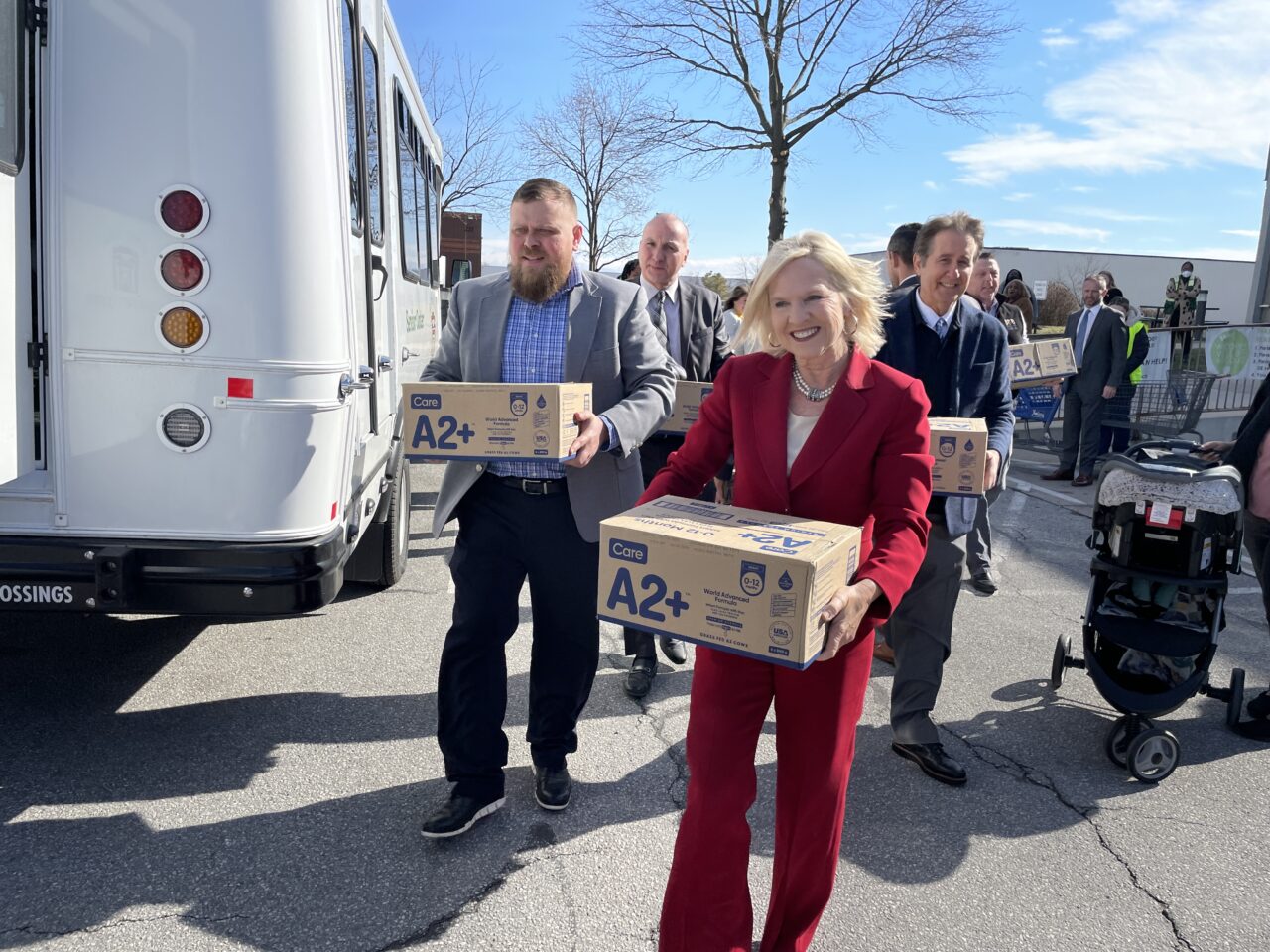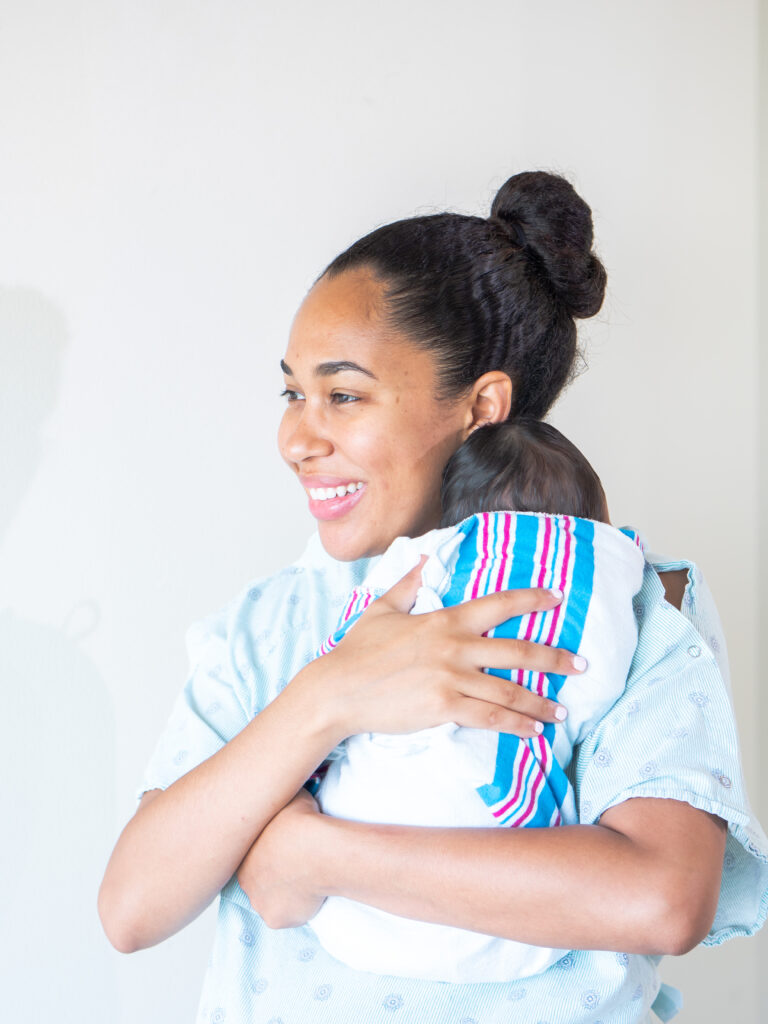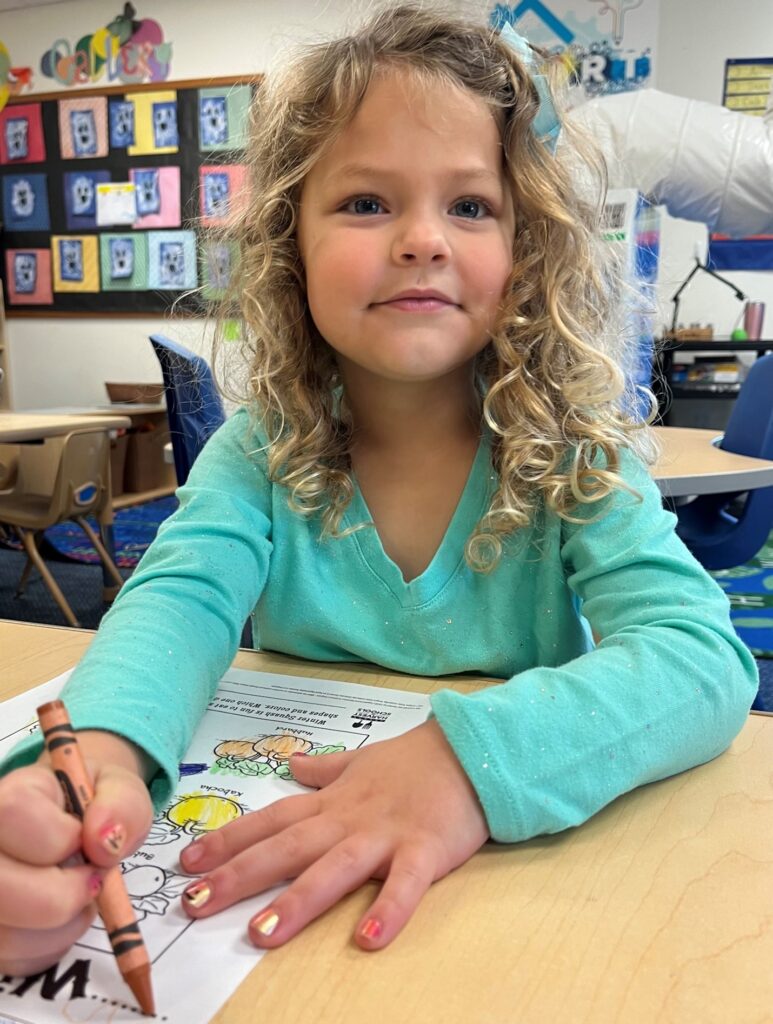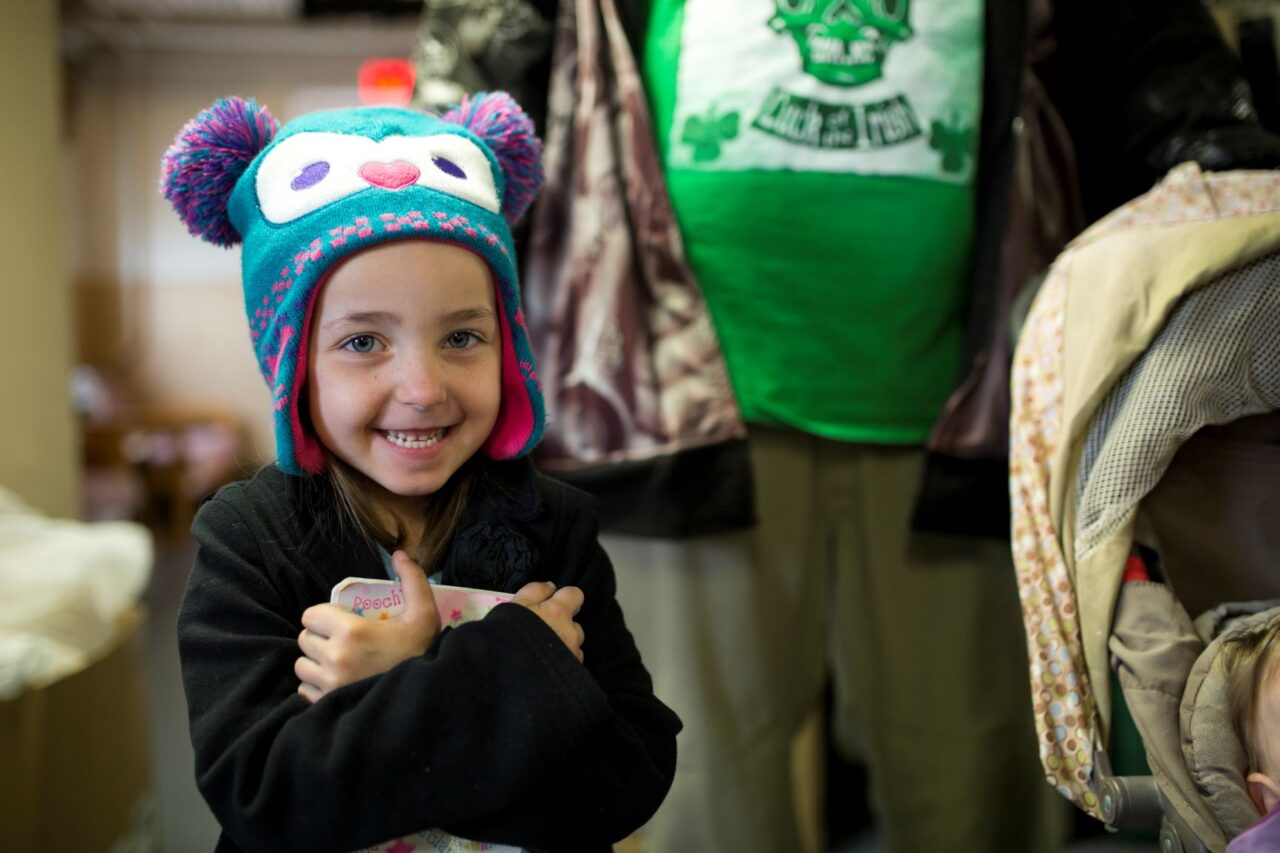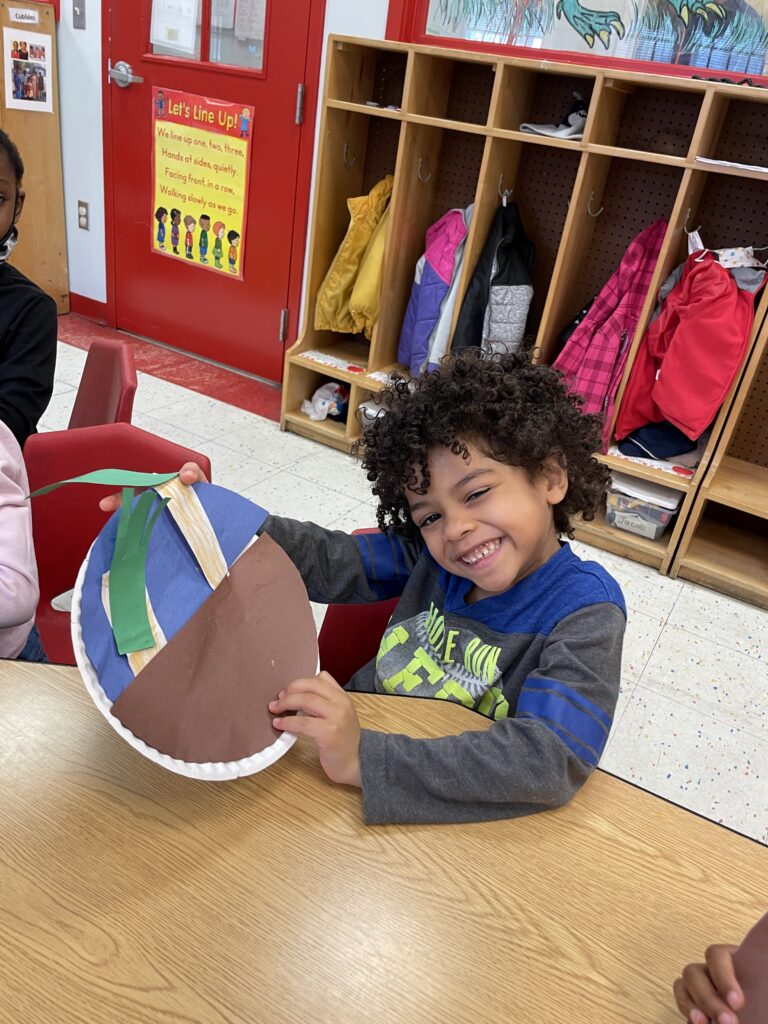Research continues to link neighbors, culturally meaningful food
March 6, 2023
Because at least an estimated 11.2 percent of Delawareans have been identified as food insecure – exceeding the national average of 10.2 percent — the Food Bank of Delaware’s Nutrition Team has been working toward providing our neighbors with more nutritious and culturally-meaningful food. Culturally meaningful food considers our neighbors’ dietary tastes based on diverse cultural backgrounds, and that’s a concept already embraced by the Food Bank’s nutrition team during informal discussions.
In order to identify and meet neighbors’ needs, the team, led by the Food Bank’s Community Nutrition Director Leah Brown, has partnered with Dr. Shannon Robson, an assistant professor in the College of Health Sciences’ Behavioral Health & Nutrition program at the University of Delaware, to develop and execute research projects since spring of 2022.
Dr. Robson’s Fall cohort was tasked to take the work of the previous class further. Several points the class examined included looking at religion in relation to our neighbors’ cultural food needs, attempting to further define the subgroups of Black/African American census data, identifying ethnic grocery stores in the areas near our pantries, and a survey to capture FBD staff’s culturally related anecdotes that neighbors may have shared with them.
Student research findings were presented to the Food Bank team in mid-December; results of these projects are expected to provide a research-based foundation to deliver healthy foods that our neighbors want and need. For example, research shows food preferences for Black neighbors is linked to their cultural origins: people of Africa, Caribbean, and Dominican have unique food preferences, but all requested more eggs, fresh meat, dairy, fruits, and vegetables. They returned unused canned goods and powdered milk. Students also learned the food preferences are often linked to values and beliefs; those who practice Judaism and the Muslim faiths no not eat pork.
Brown acknowledged that completion of the survey would be a starting point for providing culturally appropriate foods to our Haitian-Creole and Hispanic neighbors. “We have to get the right foods to the right culture, better reallocation,” she explained. The next step is to confirm study results with neighbors, working toward a goal of creating culturally meaningful food lists for Food Bank staff and our community partners.
Because a cultural shift is complex, Brown says the change will take some time. “It’s not going to change overnight. We have a vested interest in seeing this go forward. This is a good project, and it’s not a project that stops. I’m so glad she (Dr. Robson) reached out to us.”
“It was a perfect scenario. We’re helping them, and the students are doing something valuable. This is a real-life project. It’s important work,” Brown said.


